T4K3.news
Costa Blanca beach closures after blue dragon sightings
Seven miles of Guardamar del Segura beaches closed as authorities monitor blue dragon sea slugs with potent stings.
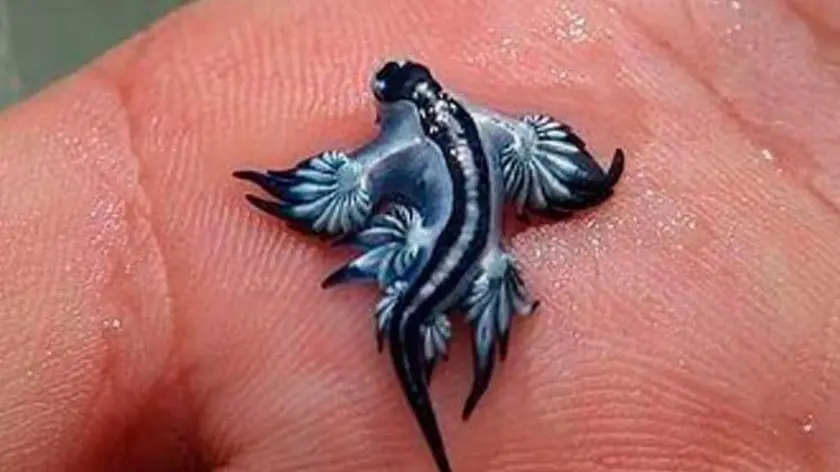
Beaches near Guardamar del Segura are closed after blue dragon sea slugs with potent stings were spotted.
Costa Blanca closes seven mile beach stretch after blue dragon sightings
Authorities on Spain's Costa Blanca closed a seven-mile stretch of Guardamar del Segura beaches to swimming after sightings of Glaucus atlanticus, commonly known as blue dragons. Officials posted red flags and advised the public to stay out of the water while teams monitor the coast for further specimens. The warning emphasizes that although the creatures are small and brightly colored, their venomous sting can cause serious discomfort and illness.
Town Hall teams will continue to search the shoreline for any new specimens and will update residents and visitors about safety measures. People are urged not to touch the animals, to alert lifeguards if spotted, and to seek medical attention if stung. The episode follows a pattern seen in past coastal summers, when sudden appearances of venomous sea life forced beach closures and affected travel plans for tourists and locals alike.
Key Takeaways
"Red flag on the beaches of Guardamar."
Mayor Jose Luis Saez announcing the ban
"Bathing is prohibited following the appearance on Vivers Beach of two specimens of Glaucus atlanticus, known as the Blue Dragon."
Safety notice
"These creatures are poisonous and their stings can cause nausea, pain and vomiting."
Health advisory
The incident highlights how climate-driven changes can bring rarely seen marine life to popular tourist shores, creating safety challenges for municipalities. Officials must balance rapid risk communication with the need to protect a busy summer economy that depends on beach access. The closures show that a small creature can shift the rhythm of a region’s season, pressuring local budgets and hospitality businesses to adapt quickly.
Analysts say clear signage and timely updates matter as much as physical barriers. Public compliance hinges on trust in local authorities and the perceived relevance of the risk to everyday life. As sea life shifts, so too must communication strategies that guide visitors and residents through uncertain conditions.
Highlights
- Blue dragons look beautiful but pack a deadly sting.
- When the coast says stop safety must come first.
- Small creatures can halt a seven mile stretch of coast.
- The sea reminds us rules exist for a reason.
Coast safety remains the priority as authorities keep watch for further developments.
Enjoyed this? Let your friends know!
Related News
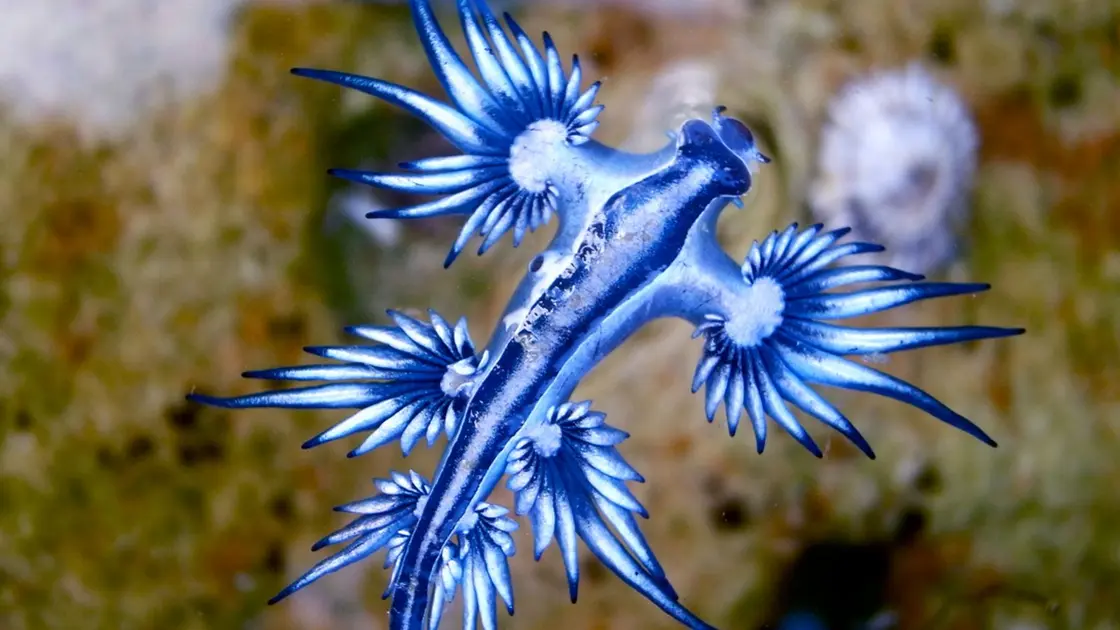
Beaches closed over blue dragon sting
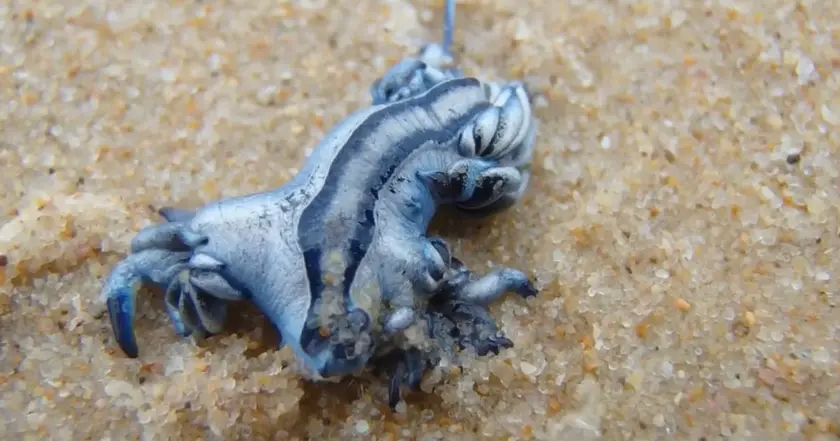
Coastal safety update
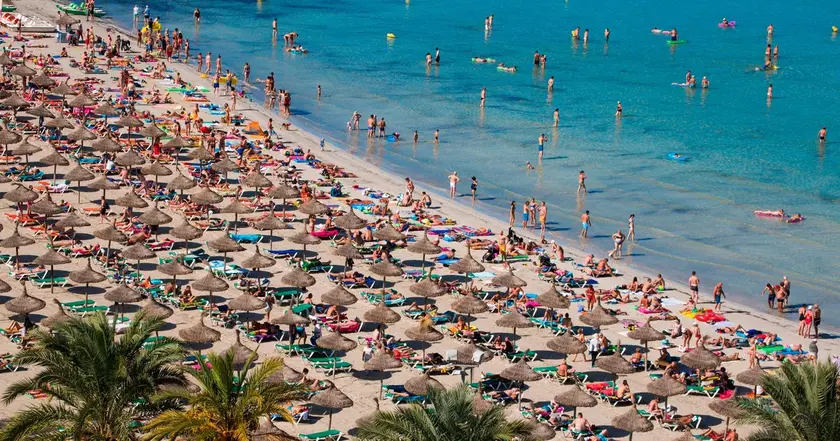
Majorca beach evacuated after tourist injury from shark attack
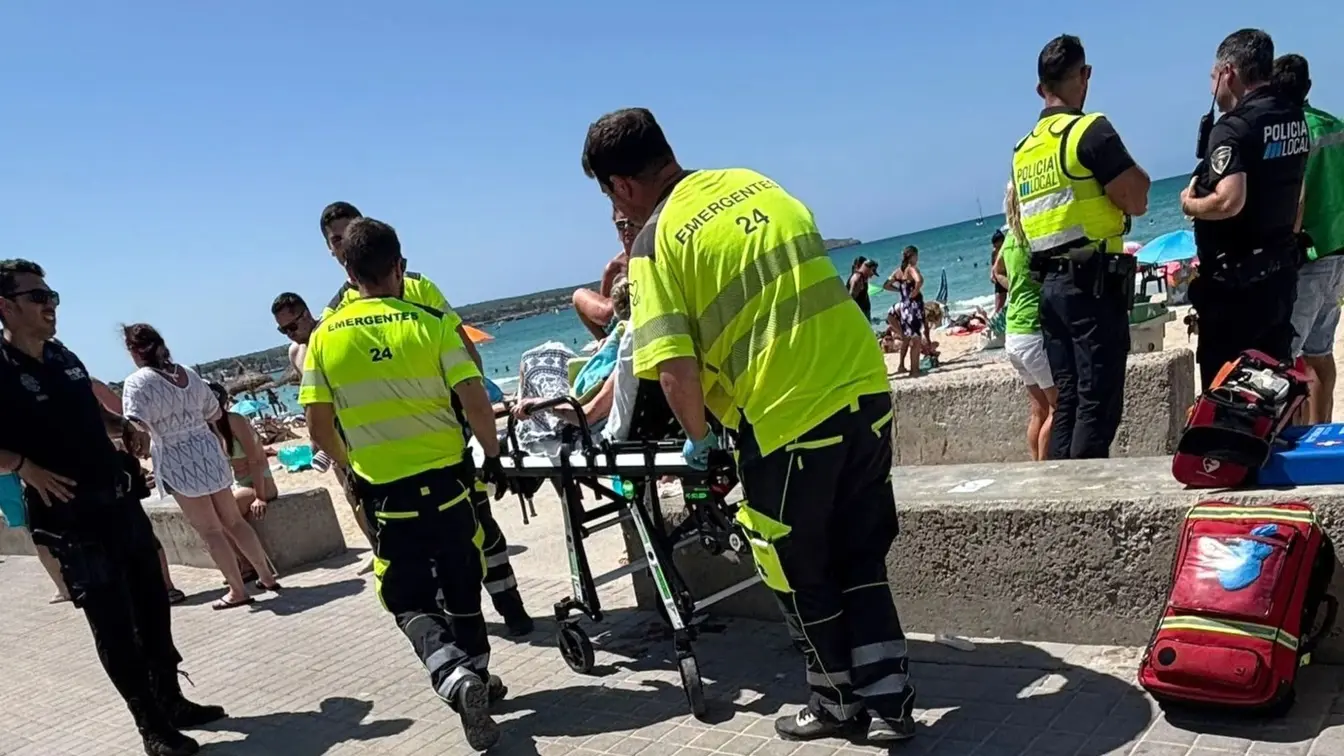
Shark attack warning issued on Majorca beach
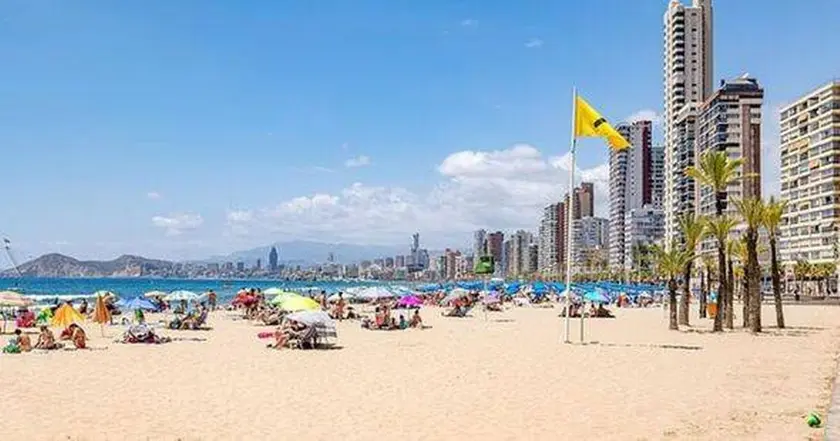
Spain tourism crisis amid stark visitor decline
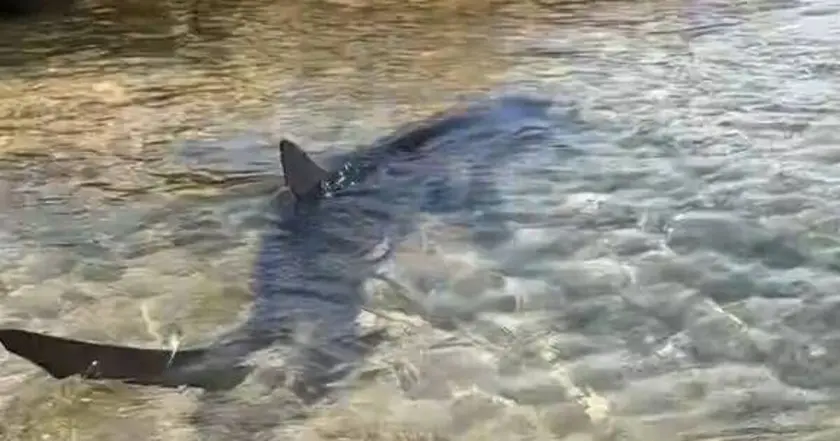
Shark sighting near Murcia beach

Blue spiral in sky spurs sightings

Christopher Atkins seen in rare public appearance
